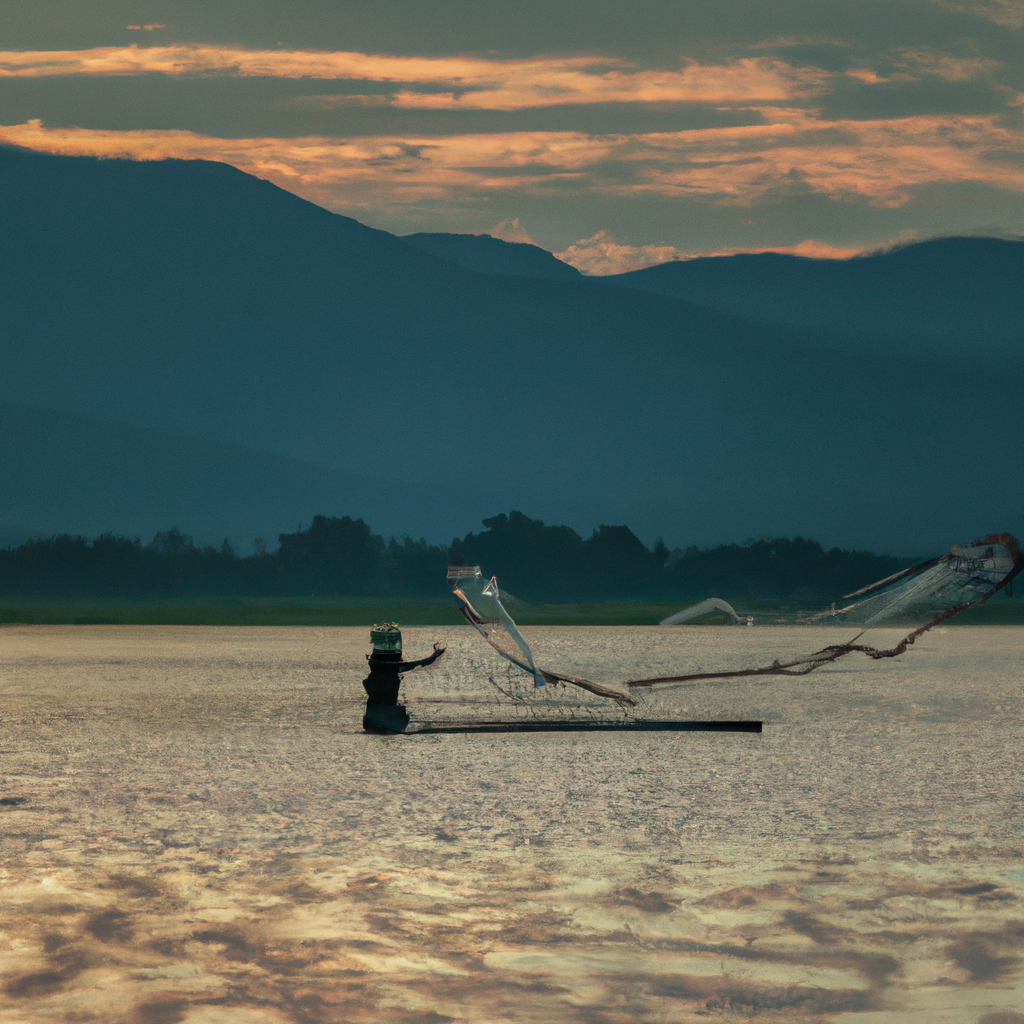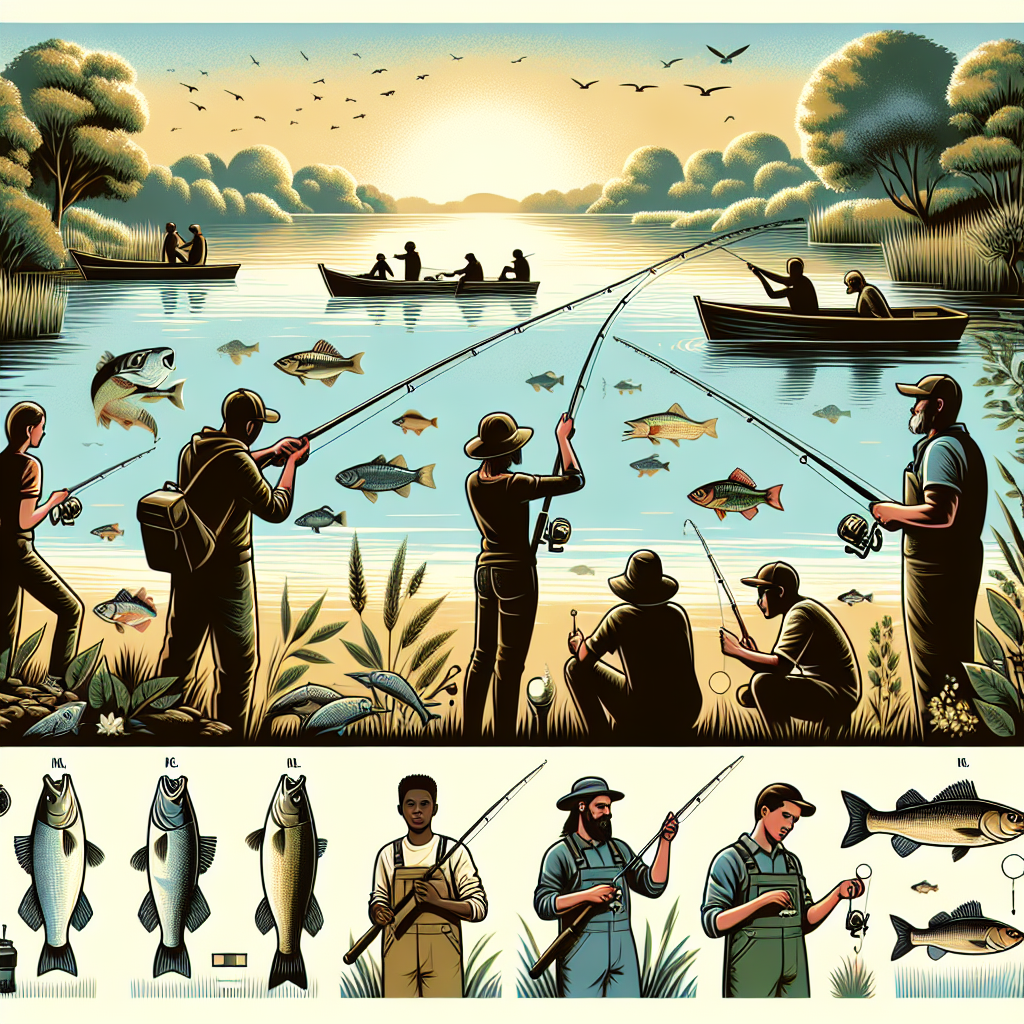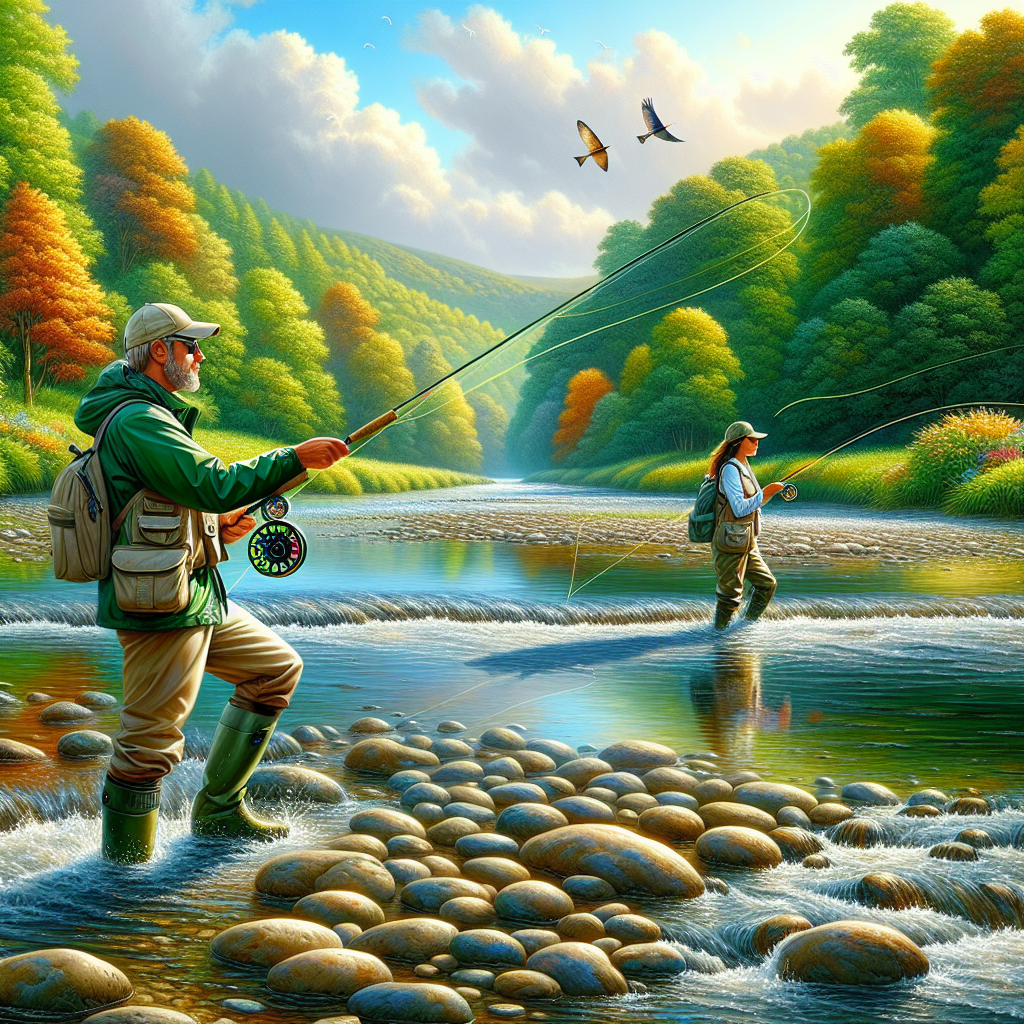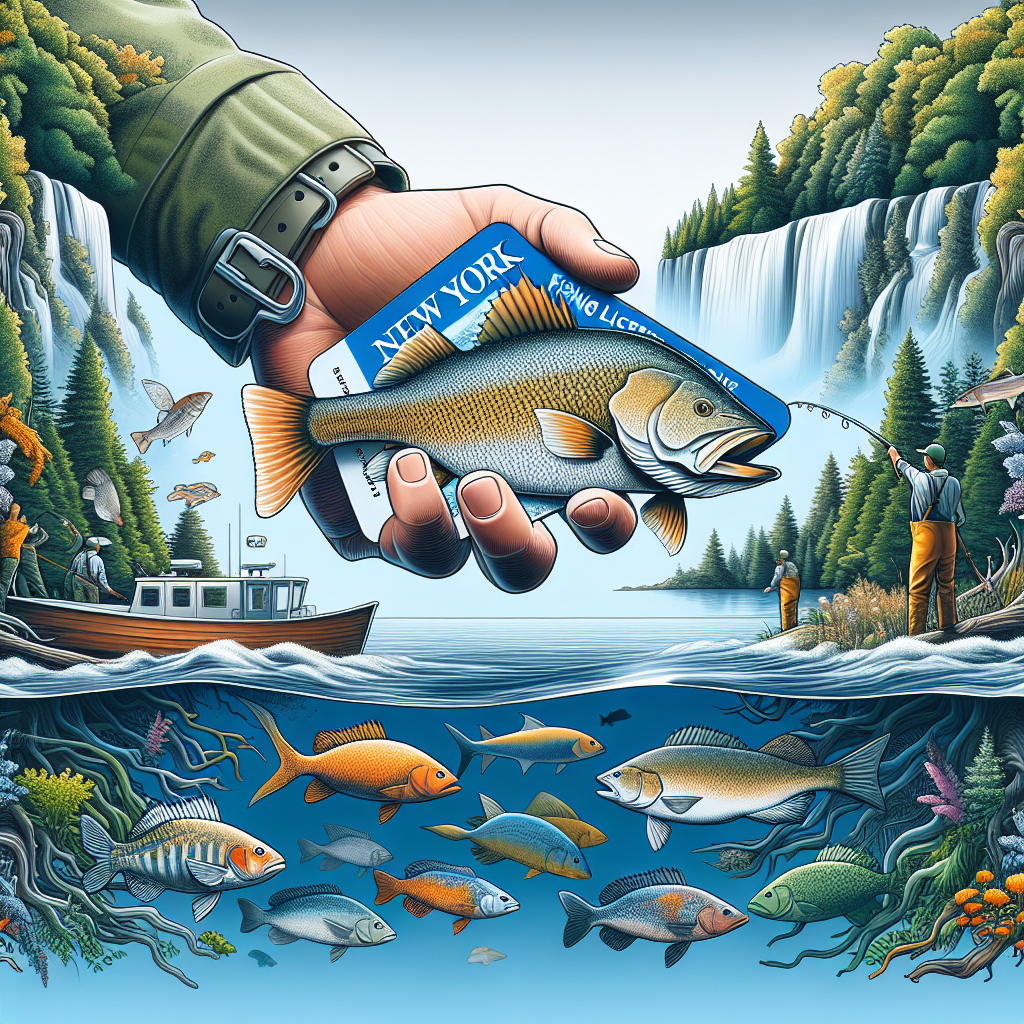Introduction
The weather can make or break a fishing trip. Understanding the weather conditions is crucial when planning a fishing trip, whether it’s a day on the water or an overnight excursion. It can mean the difference between a successful outing and returning empty-handed. This comprehensive guide will explain how different weather patterns affect fishing and offer tips and strategies to maximize your chances of a catch.
The impact of weather on fishing
Fish behavior can be affected by weather conditions, such as temperature, wind speed, precipitation and barometric pressure. Fish are cold blooded animals, which means that their body temperature depends on the temperature of the water. Changes in weather can directly affect their metabolism, feeding habits, and movement.
Temperature
Temperature is a major factor in fish behavior. Fish are more active when the water is warmer, because it increases their metabolism. You are more likely to enjoy a successful fishing trip if the weather is warm and sunny, as opposed to a day that’s cold and overcast. Extreme heat can also push fish deeper into the waters, so it is important to find the right balance.
Wind
Wind can have an impact on fishing as it affects the movement of water, creates waves and currents. Fish are generally more active in light to moderate winds, which stir up the water, bringing food to the surface. Strong winds can make it difficult to cast or control your boat.
Precipitation
Rainfall can also have an impact on fishing conditions. It can change the clarity of water, oxygen levels and temperature. Fish are generally more active during and after rainstorms, since they wash insects and other food into the water. Heavy rain can make fishing difficult due to reduced visibility and increased flow of water. It’s important to monitor the weather forecasts, and plan your fishing trip accordingly.
Barometric Pressure
The barometric pressure (also known as atmospheric pressure) can also influence the behavior of fish. Fish are generally more active when barometric pressure is falling or stable, as this indicates a change in the weather and stimulates eating. A high barometric level can make fish apathetic and hard to catch. It’s important to pay attention to trends in barometric pressure and adjust your fishing strategy accordingly.
Fishing Tips for Different Weather Conditions
Here are some tips to maximize your chances of fishing in different weather conditions.
Sunny Days
Fish are more active and feed near the surface on sunny days. Use topwater lures, or fish in shallow water to catch fish basking in sunlight. Fish often seek shade from the sun, so pay attention to structures and shadows. Use light-colored lures that mimic natural prey to attract fish’s interest.
Cloudy Days
On cloudy or rainy days, the fish may be scattered and harder to find. Look for areas that have structure and cover, such as docks and weed beds. Fallen trees and docks are also good places to look. In low-light conditions, consider using loud and bright lures to attract the fish’s interest. Adjust your retrieval and presentation speed to encourage fish to strike.
Windy Days
Fish are more likely to feed near the surface on windy days as the waves and currents will bring food to the surface. Position yourself downwind to take advantage of a wind-driven current. In windy conditions, use heavier lures or sinkers for better control and accuracy. Adjust your casting angle and retrieval speed to account for wind.
Rainy Days
Fish are more active on rainy days as rain washes in insects and other food into the water. Concentrate on areas where there is flowing water such as creeks and rivers. This is where fish will congregate. Use loud and bright lures to catch the fish’s eye in murky waters. Adjust your presentation to mimic prey and attract strikes.
Conclusion
The weather is a major factor in determining whether a fishing trip will be successful. You can increase your chances of success by understanding how different weather conditions affect fish behavior and adapting strategies accordingly. Anglers face unique challenges and opportunities when the weather is sunny, windy or rainy. To maximize your chances of catching fish, keep an eye on the weather forecasts and be flexible. Happy fishing!




